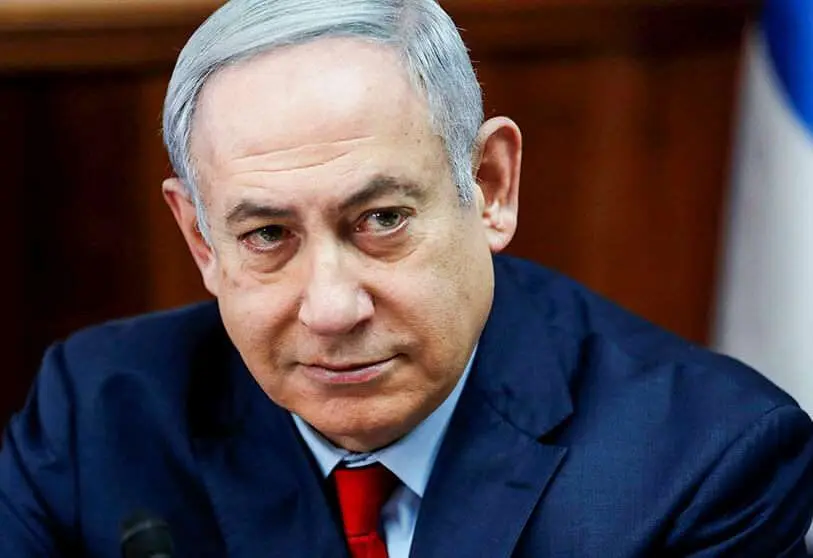Netanyahu reaps the rewards of his policy of strength

Israel will choose on the 17th the image with which it will want to appear to the world, at least in the most immediate future: that of its advocated democracy, in which it does not admit that a leader prosecuted for bribery, fraud and abuse of power is charged with forming a government, or that it sanctions the policy of fait accompli, whatever the cost, and that the end justifies the means. On that day, precisely, the appearance of acting Prime Minister Benjamin Netanyahu before the court that is judging him on the three charges mentioned above will coincide with the summons of the head of the State of Israel, President Reuven Rivlin, who will be in charge of forming the government after the third elections held in the space of a year.
There is no absolute winner this time either, since neither Netanyahu, leader of the conservative Likud, nor his main opponent, former General Benny Gantz, heading the Blue and White Coalition, have won an absolute majority over the 120 seats in the Knesset, the Israeli Parliament. However, Netanyahu and his allies on the far right and in religious parties have a clear advantage over Gantz, thanks to the retreat of both his own coalition and the formerly powerful Labour Party.
For an absolute majority, Gantz would not even have enough support from the Joint Arab List, whose great historical result is the result of the fears aroused by the decisions taken by Netanyahu in recent years, coinciding with the stay of President Donald Trump at the head of the White House.
No one will be able to deny the seasoned political animal Netanyahu two merits that have proven decisive: having obtained for the first time the unconditional and unrestricted support of the United States, and knowing better than any other leader the very diverse Israeli people. The presentation by Trump in the middle of the Israeli electoral campaign of his proposal for peace in the Middle East, which reduces the aspirations of the Palestinian people to live in fenced-off bantustans, controlled and fully dependent on the will of Israel, has been the clear expression of the fact that the United States has renounced its role as a credible and acceptable arbiter in the Israeli-Palestinian conflict. But, also that the hardness imposed by Netanyahu has reaped the benefits of an electoral victory, which not only keeps him at the head of the government for another four years, once he has already surpassed the founder of the state, David Ben Gurion, as the head of power, but also establishes the strength of Israel as a decisive pillar in the geopolitics of the area that is being outlined. A geopolitics that includes strengthening Saudi Arabia as the guardian of the Holy Places of Islam and guide of the Muslim world, against the adversary that disputes its primacy, an Iran tempted to become a nuclear power.
Netanyahu has consolidated Jerusalem as the eternal and undisputed capital of a state that proclaims itself Jewish, which opens the door for that 20% Arab-Palestinian population living in Israel to no longer hold Israeli citizenship in the mid-term. The West Bank, which is still the territory over which the Palestinian Authority is supposed to have some control, will also consolidate the Israeli settlements, which have expanded despite the appeals and protests of a large part of the European Union. Among these was not the already separated United Kingdom, which had endorsed Trump's proposal as "serious" and "positive". Previously, Netanyahu had definitively annexed the Golan Heights, conquered from Syria in the Six-Day War (1967).
All of this, in short, has been embraced by the majority of Israeli citizens, who have granted Netanyahu a victory of which he himself was surprised. Beyond marginal considerations, this means that the majority of the country aligns itself with his resolve and agrees with his way of leading them. The moral values that have always been Israel's great treasure and its unquestionable authority and intellectual leadership seem therefore no longer the same. They have undoubtedly changed and become more relevant. A probable symptom that the phenomenon will spread and infect, in this case for the worse, a good part of the world.

